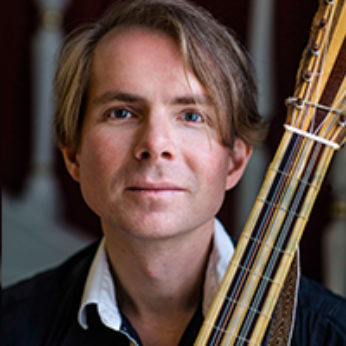Che si può fare
Le stele rubella
Non hanno pieta
Che si può fare [What can be done when the rebellious stars show no pity, what can be done?]
I once thought that I possessed creative talent, but I have given up this idea; a woman must not desire to compose – not one has been able to do it, and why should I expect to? Clara Wieck
Being a woman I am concerned about publishing this work. Would that it lie safely under a golden oak tree and not be endangered by the swords of slander which have certainly already been drawn to do battle against it. From Dedication to the Grand-Duchess of Tuscany in Barbara Strozzi’s First Book of Madrigals
Barbara Strozzi also had the advantage of a father who did everything he could to ensure she had a complete musical and intellectual education. Although Barbara was illegitimate it is generally accepted that Giulio Strozzi was her father and she officially took his name on being adopted and in her teenage years she was known in Venice as la virtuosissima cantatrice di Giulio Strozzi. Whether willingly or unwillingly we do not know she became the concubine of Count Giovanni Vidman, a Venetian nobleman, by whom she had four children while at the same time she was able to make a good living through her art as a singer. Her compositions show her ability to handle her erotic, and mostly misogynist, texts with confidence and sophistication.
She published eight volumes of vocal music in the twenty years from 1644-1664. She was clearly seeking professional recognition beyond her immediate career as a singer and, as she was neither married nor indentured to a Court or rich patron, she could publish as she pleased. She was fortunate in that Venice in the mid-Seventeenth Century had the most liberal and most sophisticated publishing industry in Europe. She succeeded in publishing 125 vocal works, both secular and religious, in eight Books ranging from delightful arias to passionate Laments, madrigals and extended cantatas with obligato instrumental parts.
The Count died in 1648 and her father in 1652 but she continued to perform, compose and rear her children without male support. She even took on the Venetian tax authorities and won. Astonishingly she had more works in print in her lifetime than any other contemporary male composer, achieved without the support of either Church or patronage by the nobility.
